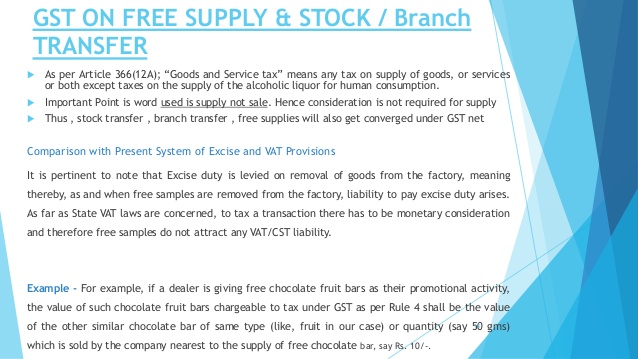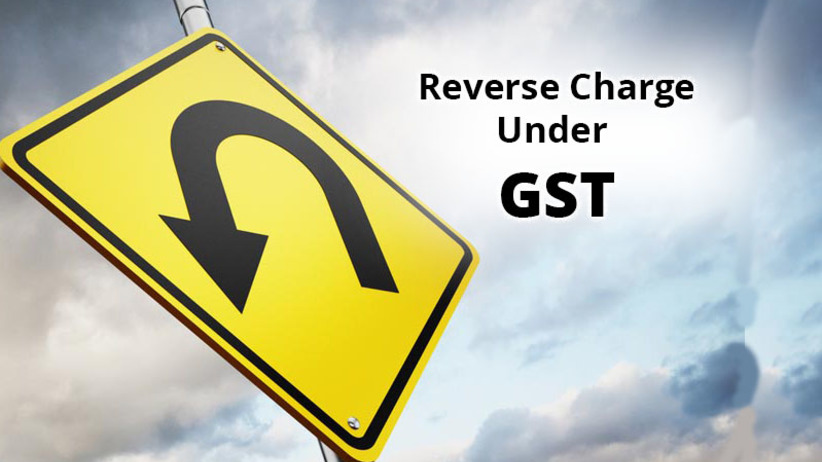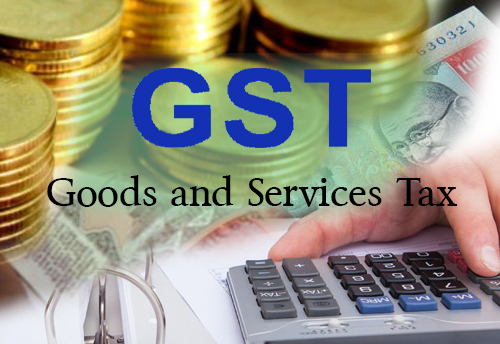GST Act- Harsh Proviso for Small Tax Payers- Would these be addressed

Harsh Penal Provisions in GST Bill to effect small tax payers
Most of the taxation laws provide simplified implementation procedures especially for small tax payers who generally neither have infrastructure or rich resources to afford professional help.
Some Unanswered Queries-Would GST Act be taking care of this issue or would it create hardship to small tax payers? Brief understanding as it comes from Draft GST bill and few unanswered queries are as follows.-

1. Present Scheme of GST is based on recommendations of GST Council. The exact conditions and restrictions of GST Compliances are yet to be prescribed by the Council;
2. The provisions of the Draft GST Bill lay down that Officer incharge for the assessee would permit him to pay under the scheme; under current VAT laws, no such permission from assessing officer is required. Would this add to complicity of the scheme? This permission would be granted only to registered tax payers, thereby making registration mandatory to get any approvals.
3. To be eligible under the scheme, threshold limit of turnover is Rs 50 lacs. No clarity is there, if the turnover would be taken from previous year or the turnover would be the expected turnover for the current year
4. Tax rate as specified in the draft act lays down tax to be paid on turnover. Litigations may start on this on the subject that whether the turnover means Gross Turnover or the “taxable Turnover”. In case of assessees where the exempt turnover is much higher compared to taxable turnover, any ambiguity in working out the liability of tax may inflate the liability to unreasonable levels, making whole business unviable in some cases;
5. Both input and output credits have to happen in same state. Thus, in case of composite turnover, how would the tax liability be computed for sales or services rendered outside state or procured from other state
Penal Provisions in the scheme, especially when during composition scheme one may have to trade interstate are too harsh and may make business unviable in some cases
6. The Scheme being PAN based, if any, unit of the assessee in a state opts for composition scheme, then would other units be free to get assessed under normal scheme or all would have to go for composite scheme only;
7. Penal provisions are too harsh. For assessees opting for composite scheme, if at any point of time they have to resort to interstate purchase or sale of services in business interest he would have to pay GST on all his supplies at full rate of GST along with 100% penalty apart from obvious interest liability.
8. There may be heavy liability on account of reverse charge 7(3) of GST law as the draft scheme overrides all provisions of law.
The Scheme in present form is mainly beneficial for the persons making direct sales/services to end consumer, who cannot avail any input tax credit. For the benefit of small taxpayers, some of the harsh measures as above may need to be addressed.


 Sales Tax For E-Commerce: 3 Things Small Businesses Should Know
Sales Tax For E-Commerce: 3 Things Small Businesses Should Know  What Is The GST Liability on Free Supply of Goods and Services?
What Is The GST Liability on Free Supply of Goods and Services?  Some FAQs about GST- Understanding Scope and Provisions of GST
Some FAQs about GST- Understanding Scope and Provisions of GST  Understanding the Reverse Charge mechanism under GST and IGST?
Understanding the Reverse Charge mechanism under GST and IGST?  Pros and Cons of GST- Is Ushering in of GST worth Celebrating as media wants us to believe?
Pros and Cons of GST- Is Ushering in of GST worth Celebrating as media wants us to believe?  Arrests and Detention Provisions under GST in Detail- Are these justified
Arrests and Detention Provisions under GST in Detail- Are these justified  ITAT Amritsar: No Section 269SS Violation for One-Time Cash Payment Before Sub-Registrar
ITAT Amritsar: No Section 269SS Violation for One-Time Cash Payment Before Sub-Registrar  Tax Officials Unleash Digital Dragnet: How New Raid Powers Redefine Privacy, Property Rights in India and likely to Fuel Corruption
Tax Officials Unleash Digital Dragnet: How New Raid Powers Redefine Privacy, Property Rights in India and likely to Fuel Corruption  Income Tax Department Rewards for Reporting Tax Evasion: A Comprehensive Guide
Income Tax Department Rewards for Reporting Tax Evasion: A Comprehensive Guide  Forfeiture of Gratuity by Employer- What are the Remedies for an employee- Can employer be challenged?
Forfeiture of Gratuity by Employer- What are the Remedies for an employee- Can employer be challenged?